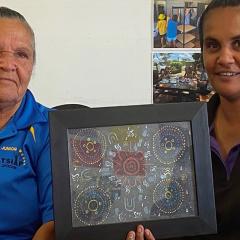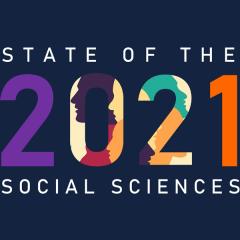This article was originally drafted as a UQ media release.
Young Australian women are ignoring the dangers of excessive drinking and consuming more alcohol than their mothers did at the same age.
ISSR health pathways researchers, Professor Rosa Alati and Dr Kim Betts, compared the drinking habits of young Australian women with those of their mothers at the same age and found that female drinking has dramatically increased over the course of a generation.
Professor Alati, leader of ISSR’s health pathways research, said the study provided strong evidence that alcohol use in young women had increased over time.
“The major finding of this study was that daughters between the ages of 18 and 25 were five times more likely to drink at excessive levels, consuming more than 30 glasses of alcohol per month,” Dr Alati said.
“Daughters were also three times more likely to drink between 7 and 30 glasses per month than their mothers at the same age some 20 years earlier.”
The study found that relationship status impacted on the drinking habits of women, but that trends had changed over the course of a generation.
“In the mothers’ generation, the study found that single women were much more likely to drink than women who were married or in de facto relationships,” Dr Alati said.
“This relationship was found to be reversed in the daughters’ generation, where having a partner was associated with higher intake of alcohol.”
Researchers found that women’s education levels had no bearing on the amount of alcohol they consumed, but women with dependent children were consuming less alcohol.
“We found that women in both generations without dependent children drank roughly twice as much as those who had a dependent child,” Dr Alati said.
She said further research was needed in other countries to determine if the trends were true for women around the world.
“Our study does suggest that Western countries may have underestimated how much more alcohol young women are consuming compared with the previous generation,” she said.
“It may be time to consider more focused public health campaigns aimed at outlining the dangers of excessive drinking to young women.”
The study, published in JAMA Psychiatry, was based on the Mater University Study of Pregnancy, a Brisbane-based birth cohort study following mothers and their children since the early 1980s.
Professor Alati and Dr Betts are continuing to examine longitudinal data spanning perinatal through early childhood.
For more information about this research, contact Professor Rosa Alati or issr.research@uq.edu.au.



